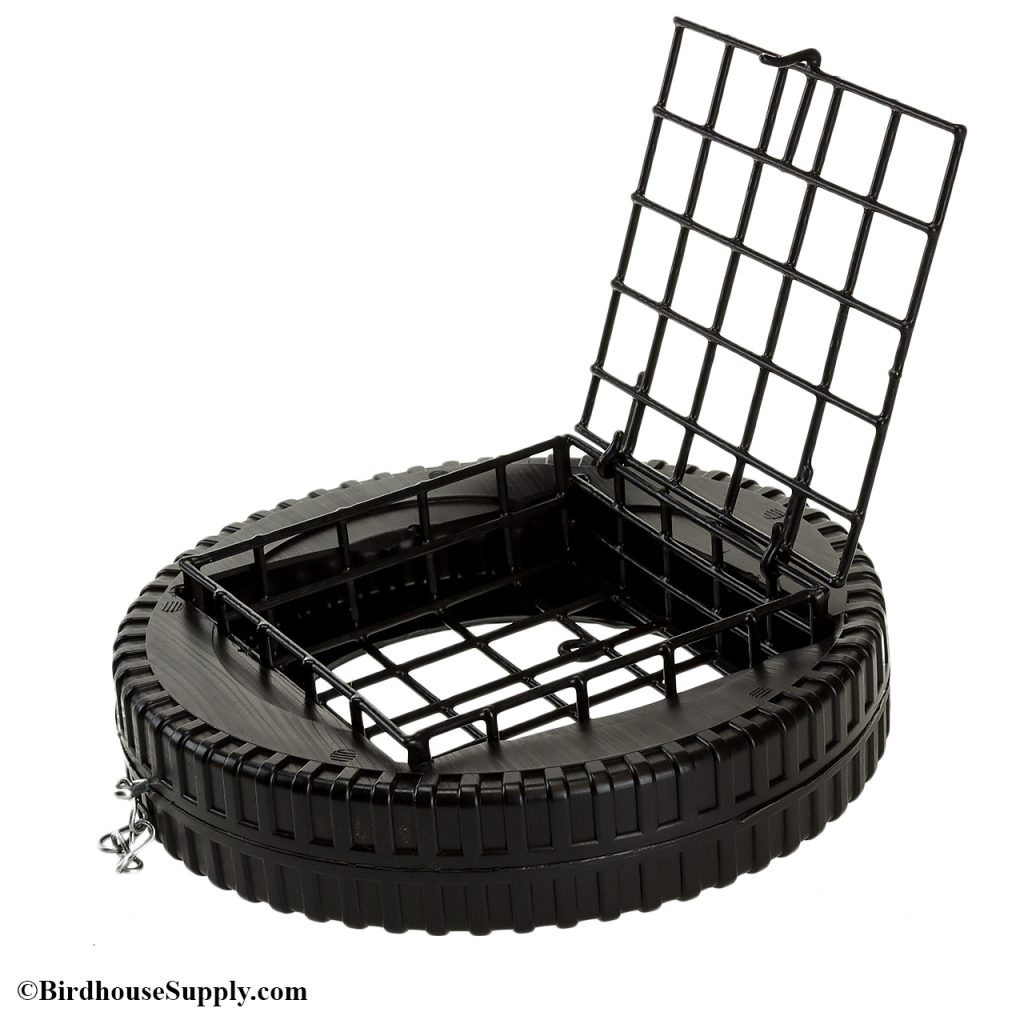Turn on any news channel and you’re sure to see coverage of the “Winter Vortex” plaguing The United States this winter. Just a week ago, every state but Florida had snow on the ground.
Snow on the ground and clear skies make for blindingly bright mornings. If you’re waking up feeling a need for polarized sunglasses with your coffee, a friend of the birds will know it’s a sign to start loading the suet feeders and running out for mealworms.
Why suet and mealworm feeders matter
 Seed feeders receive tons of attention, after all most song birds love them. However, a little extra help for insect-eating birds is often desperately needed in harsh winters. Even if your feeder is full, it may not be able to help Bluebirds or Red-Bellied Woodpeckers, who much prefer a more protein-dense meal.
Seed feeders receive tons of attention, after all most song birds love them. However, a little extra help for insect-eating birds is often desperately needed in harsh winters. Even if your feeder is full, it may not be able to help Bluebirds or Red-Bellied Woodpeckers, who much prefer a more protein-dense meal.
Stand at a window that faces your backyard and watch. You’re likely to see little birds pecking at roots, window sills, and rotten trees for insects which are much more difficult to uncover in winter months. Keep an eye on them for a few days. It’s sure to make you realize how difficult hard winter months can be for small birds who feed on insects.
A Bluebird weighs less than an ounce and would fit inside your morning teacup. Imagine how much energy it takes for these tiny creatures to stay warm, find protein and protect themselves from predators. These precious song birds are often just a worm away from freezing to death. Although they are naturally prepared for the realities of winter, the harsh realities of human incursion drastically affect their ability to find a steady food supply in winter.
Thinking about hybrid feeders
Most of the birders we know keep feeders brimming with seed for Blue Jays, Chickadees and other seed-eating species. Unfortunately, many times we forget to leave protein-rich help for the insect-eating varieties.
By installing a suet feeder or mealworm feeder in winter, or one of the new combination varieties, you can help the birds by supplementing what the birds can find naturally.
Another option for enticing insect-eating species to your backyard, although a bit more work, is to plant a few insect-attracting plants or trees. Particularly trees, provide cover for both insects and birds, a perfect winter haven.
With luck, Spring will be here soon. Until it arrives, don’t forget to put out a little mealworm or suet with your birdseed!

